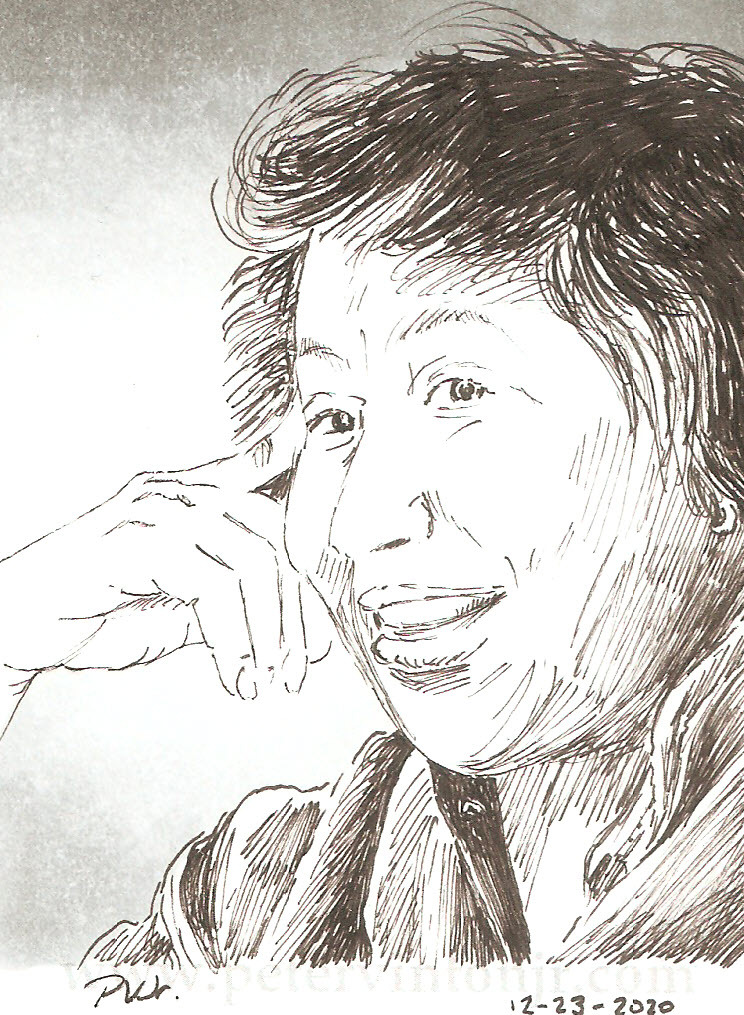
An ongoing illustrative history study
This piece originally posted 1/20/2021,
Inauguration Day 2021
Prelude | 63 | 64 | 65 | MLK | CMB | 66 | 67 | 68 | 69 | Email |
|---|
"There are no permanent friends or permanent enemies, just permanent interests."
Again, while not technically a part of this ongoing series, I thought it appropriate to talk, on this day, about Sen. Carol Moseley Braun (D-IL). While not the first Black woman to run for President of the United States, Sen. Moseley Braun was the first Black woman to do so on a major party ticket, and in so doing she brought wider attention to a number of issues and social realities. Then-state senator Barack Obama would later praise Moseley Braun's "slow and steady" approach to success, saying that it prefigured his own path to the Senate and presidency.
Carol Moseley Braun was born in 1947 Chicago and has been connected to that city, heart and soul, ever since (her words!). She graduated from University of Chicago Law School in 1972 and held a number of public service positions throughout the 70's, to include Assistant U.S. Attorney. She was elected to the Illinois state house of representatives in 1978 and served in that role for 10 years. In 1992 Moseley Braun became the first-ever Black woman to be elected to the U.S. Senate, and was the sole Black Senator in that entire body during her term (1992-1998). She was also the first woman to ever serve on the influential Senate Finance Committee.
Sen. Moseley Braun fought for a number of liberal causes during her term such as single-payer health care and gun control, bringing a distinctly Chicagoan presence and unapologetic sensibility to the bills she shepherded. She also supported same-sex marriage at a time when most of her colleagues weren't yet ready to accept such a principle. Her time in the Senate was marked by repeated clashes with the notoriously right-wing Sen. Jesse Helms of North Carolina on a host of racial and social issues, best symbolized by an altercation about the appropriateness of the Confederate flag in a renewed design patent for the Daughters of the Confederacy. In the fall of 2003 Moseley Braun formally announced her candidacy for the U.S. Presidency, and aggressively campaigned for five months before ultimately dropping out of the race in January of 2004. She later ran for Mayor of Chicago in 2011 but her campaign similarly failed to gain much traction.
In spite of these shortfalls, Carol Moseley Braun has never lost her spirit of quiet optimism. In marked opposition to the popularized "headstrong firebrand" stereotype that is so often attributed to women of colour, her 40+ year career in public service has in fact mostly been a series of "slow and steady" steps; some triumphant, some faltering. It is in that atmosphere that I am hoping for a bit of Moseley Braun-style optimism on this day, for obvious reasons. There are a great many things critically wrong with the United States on this day and there is no reasonable way to expect them ALL to be instantly or miraculously fixed. But perhaps if we were to instead apply a similarly Chicagoan practicality to problem-solving, and emulate Sen. Moseley Braun's signature "slow and steady" approach, we may yet see some encouraging signs further ahead. Perhaps that's naïve of me, but I choose to have some hope. Laugh and point if you must.
Next page - Lesson 66: Ruby Doris Smith-Robinson